Some 61.4 million PC units have been shipped worldwide in the first quarter of 2025, according to a report by Counterpoint. This is a 6.7% year-on-year increase (up from 57.5 million units), meaning an extra 4 million computers have been shipped in the same period compared to 2024. The report says that this growth was pushed by retailers and vendors who are looking to bring in as much inventory as possible before the tariffs — like how Apple shipped five extra planeloads of iPhones, MacBooks, and iPads from India just as the tariffs were about to hit.
This shipment increase affected almost all major brands. The research showed Apple had a 17% jump in deliveries (also partially driven by the arrival of the M4 MacBook Air in March 2025), while Lenovo came in second with an 11% year-on-year growth, and Asus followed closely behind at 9%. HP is up 6% and Dell is up 4%, while smaller manufacturers, such as Vaio — which had a tariff-free inventory sale in the first week of April — still managed to come out with a 1% increase in shipments.
Another driver of increasing sales is the impending end of Windows 10 support, which is slated to happen on Oct. 14 of this year. Users who currently have incompatible hardware will likely be forced to purchase new devices, especially laptop users who have no way of upgrading their systems unless they use a Framework laptop. So, it seems that the need to get a system with updated specifications for Windows 11 is still what's pushing the sales of AI PCs — not their AI capabilities.
We expect this growth in demand to taper off — or even contract — during the latter part of 2025, especially as President Trump’s tariffs take full effect. The White House has put a 245% tariff on goods coming from China. Fortunately, computers, smartphones, and other tech-related goods have received a temporary reprieve, but rumors suggest Washington may apply a tariff to these items in the future.
The recent developments have had many companies diversifying their supply chains away from China to avoid the worst of the tariffs. Some manufacturers have already begun migrating their operations to nearby countries such as Vietnam and Malaysia. Some PC OEMs are even considering setting up plants in Saudi Arabia — the country is courting brands such as Lenovo, HP, and Dell with its Public Investment Fund.
The U.S.-China trade war has caused a massive shakeup in global trade, and we expect PC shipments to reflect this roller coaster ride. As companies adjust their strategies, we’ll likely see new opportunities appear across the globe — however, we can only wait to see how all these changes will affect the PC market in the long term.

 8 months ago
17
8 months ago
17
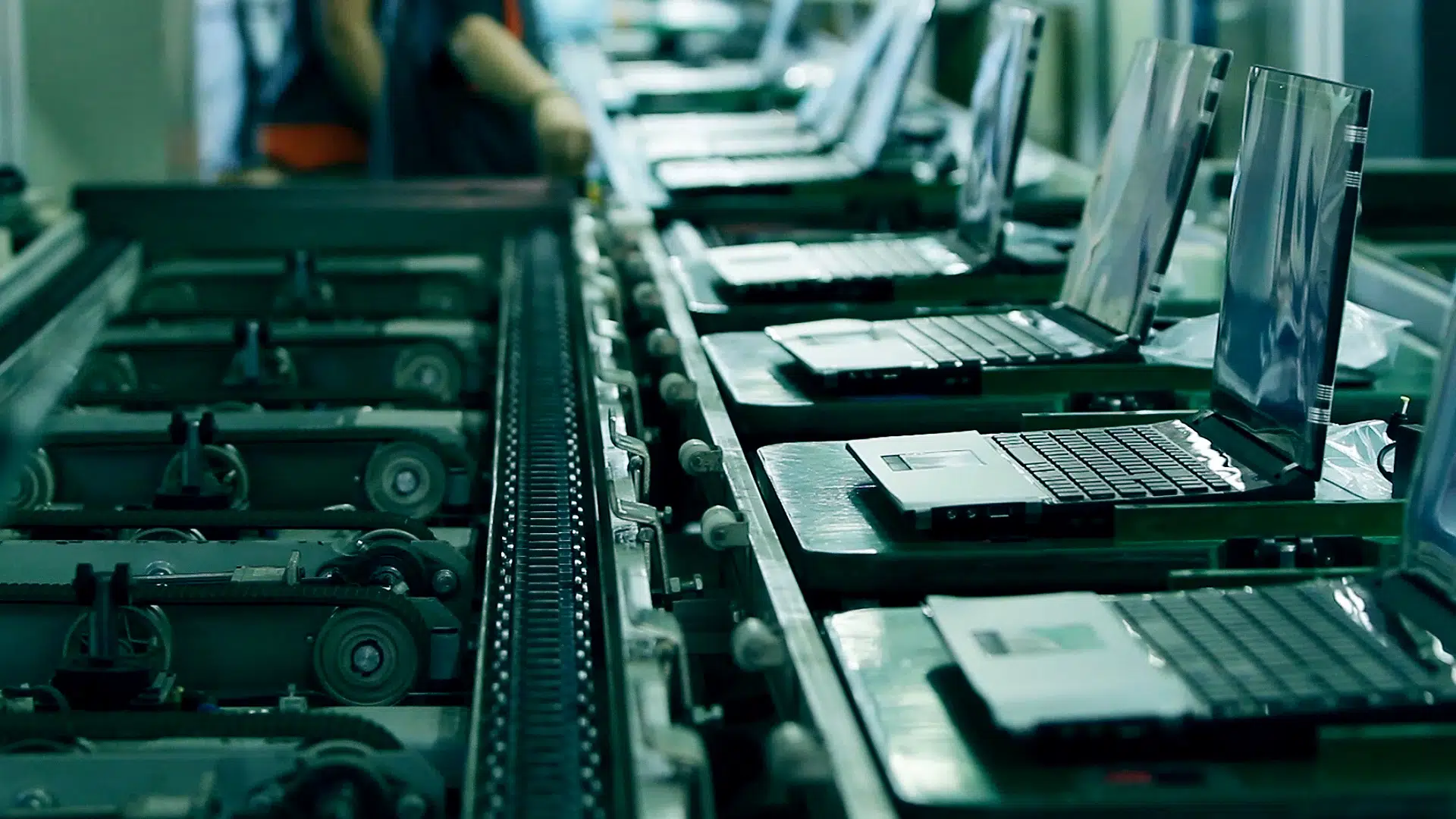
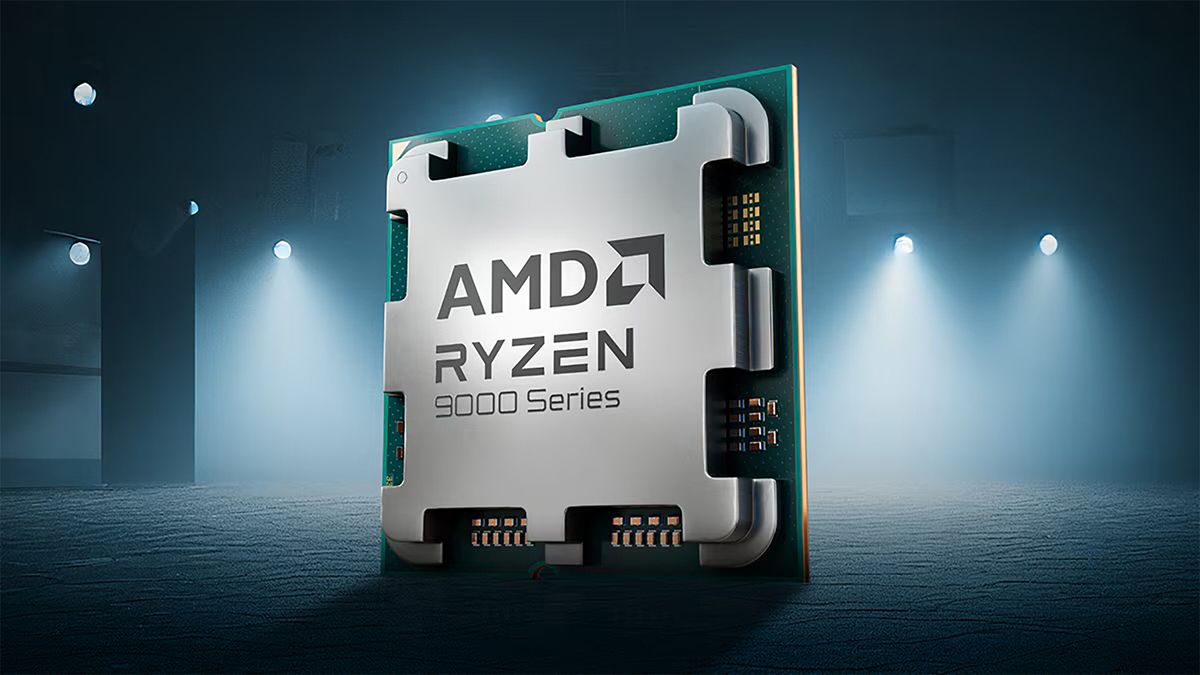
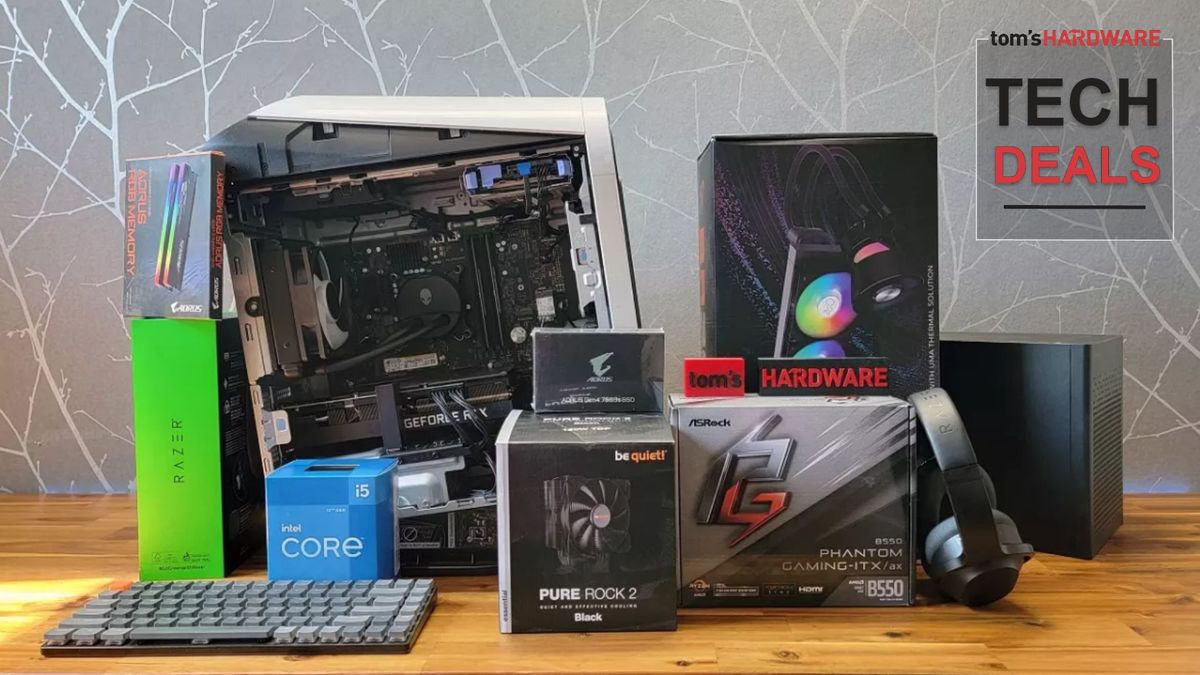
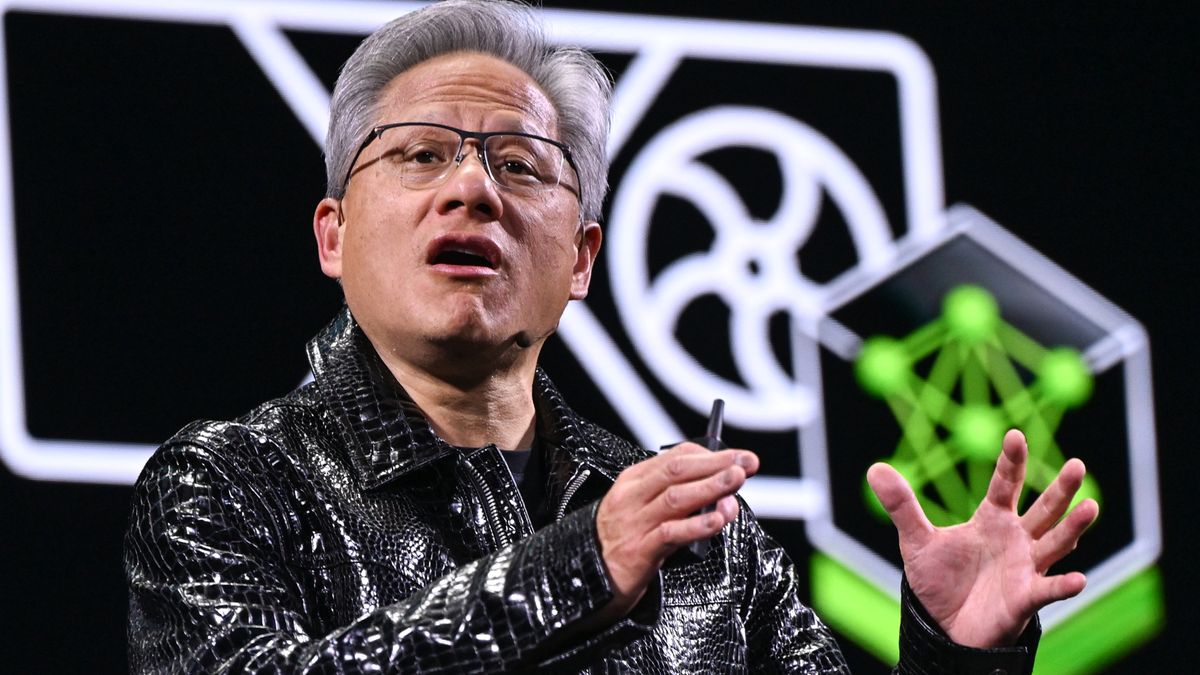
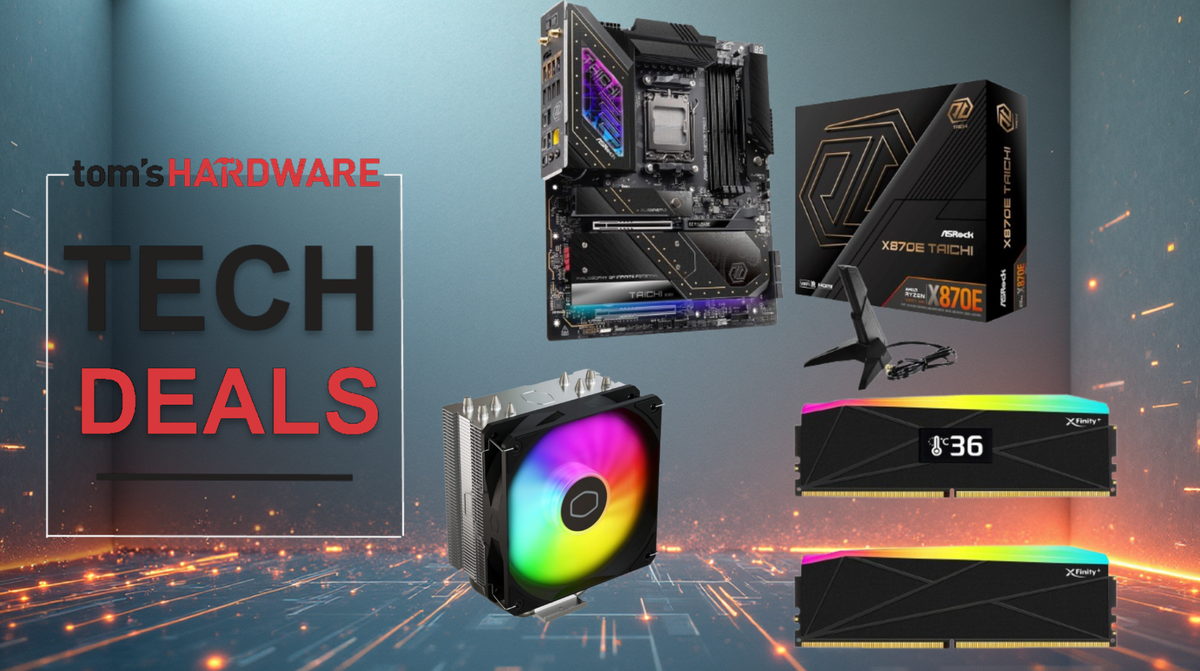





 English (US) ·
English (US) ·